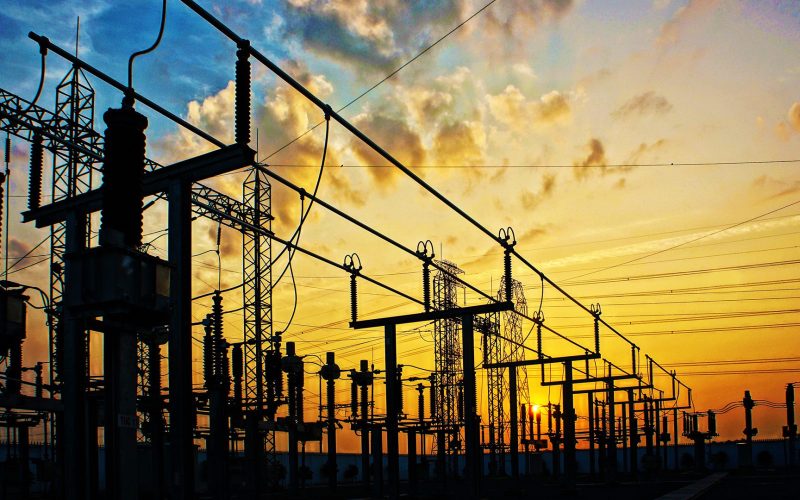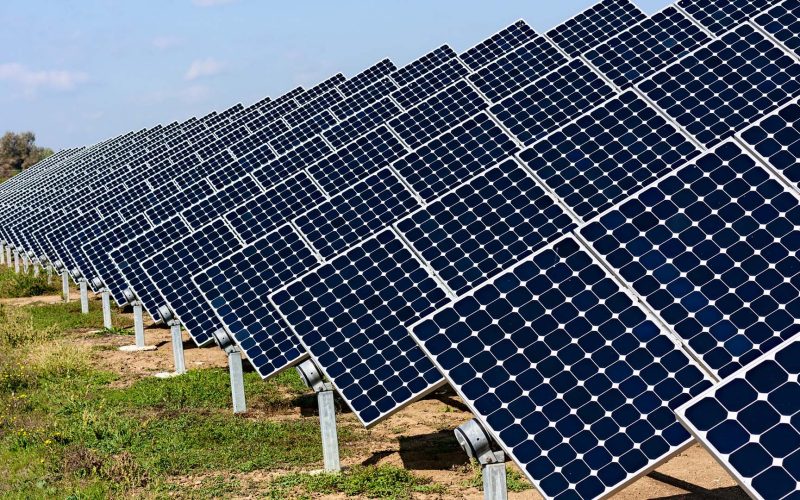THE VOICE FOR THE ENERGY CONSUMER

CEA Mid-Atlantic Executive Director Mike Butler was covered by WJPA as he spoke about the importance of pipelines for the Washington County Chamber of Commerce. The Washington County Chamber of.
CEA’s Andrew Browning was interviewed by Wyoming Public Radio following the North Dakota Petroleum Council’s annual meeting. The Obama Administration’s decision to temporarily halt construction on part of the 1,200-mile.

With the completion of the Cornerstone Pipeline, natural gas liquids can now be transported in a safer, more environmentally friendly way by removing tanker trucks from the road while increasing.

With the construction of new pipelines, states across the region will be able to expand their power generating fleet with new natural gas power power plants. In addition, these pipelines.

David Taylor, President of the Pennsylvania Manufacturers Association, discussed how investing in our energy infrastructure can help regional manufacturers become more cost competitive by having access to more affordable supplies.

Manufacturers across Pennsylvania and the region can become more competitive globally with access to affordable, reliable supplies of energy. Currently, a lack of pipeline capacity has curtailed their access to.

CEA Vice President Michael Whatley was recently featured in E&E following his presentation at the Southern States Energy Board. The greater Southeast has transitioned to an “all of the above”.

Consumer Energy Alliance’s solar incentive analysis was featured in an article in the Sun Sentinel. Solar energy is getting more attention than ever in Florida thanks to two ballot measures.

Consumer Energy Alliance’s solar incentive analysis was featured in an op-ed by North Carolina State Rep. Chris Millis. Imagine for a moment you are a North Carolina hog farmer, and.

Just a few short years ago, farmers across the upper Midwest were faced with crops withering in fields or rotting in storage as a result of increased transportation costs and.